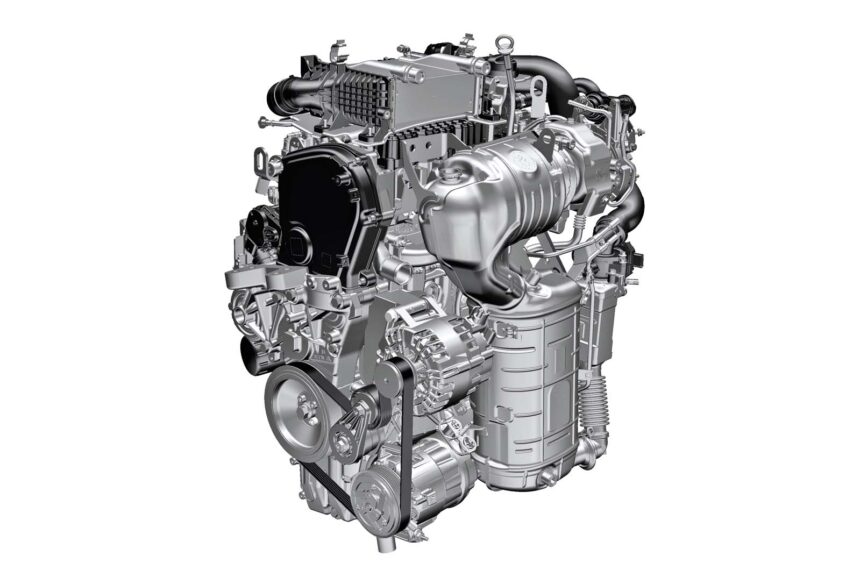Stellantis, the automotive giant, recently announced that its diesel engine range has been fully validated to run on hydrotreated vegetable oil (HVO) or ‘green diesel’. This renewable fuel option is a game-changer in the industry, offering the same performance as traditional diesel while significantly reducing CO2 emissions by up to 90%.
Many of Stellantis’ Euro 5 and Euro 6 diesel engines are already compatible with HVO, especially those labeled with ‘XTL’, indicating the use of synthetic fuel produced through a unique process. HVO has been in use since 2017, primarily in taxis and commercial vehicles, due to its higher cetane rating of over 70 compared to mineral diesel oil, resulting in cleaner and faster combustion.
Unlike synthetic fuels like Porsche’s e-fuel project, HVO is a biofuel derived entirely from renewable sources. It stands out for its eco-friendly production process, which involves capturing CO2 directly from the atmosphere using the DAC process and combining it with sustainable hydrogen to create a methanol-based fuel that closely resembles traditional petrol.
While synthetic fuels are artificially created, biofuels like HVO and biodiesel are organic and offer a sustainable alternative to fossil-based options. Bioethanol, produced from plant-based biomass, and biodiesel, derived from oils and fats, are commonly used in the industry to reduce the reliance on traditional fuels.
In contrast, HVO is manufactured using a distinct process that sets it apart from biodiesel, making it a unique and environmentally friendly choice for vehicle owners. With the global shift towards greener energy solutions, the adoption of renewable fuels like HVO is crucial in reducing emissions and promoting sustainable practices in the automotive sector.
Overall, Stellantis’ commitment to validating its diesel engines for HVO usage is a significant step towards a more sustainable future for the automotive industry. By embracing renewable fuel options and reducing dependency on fossil fuels, manufacturers like Stellantis are leading the way towards a cleaner and greener transportation landscape.







